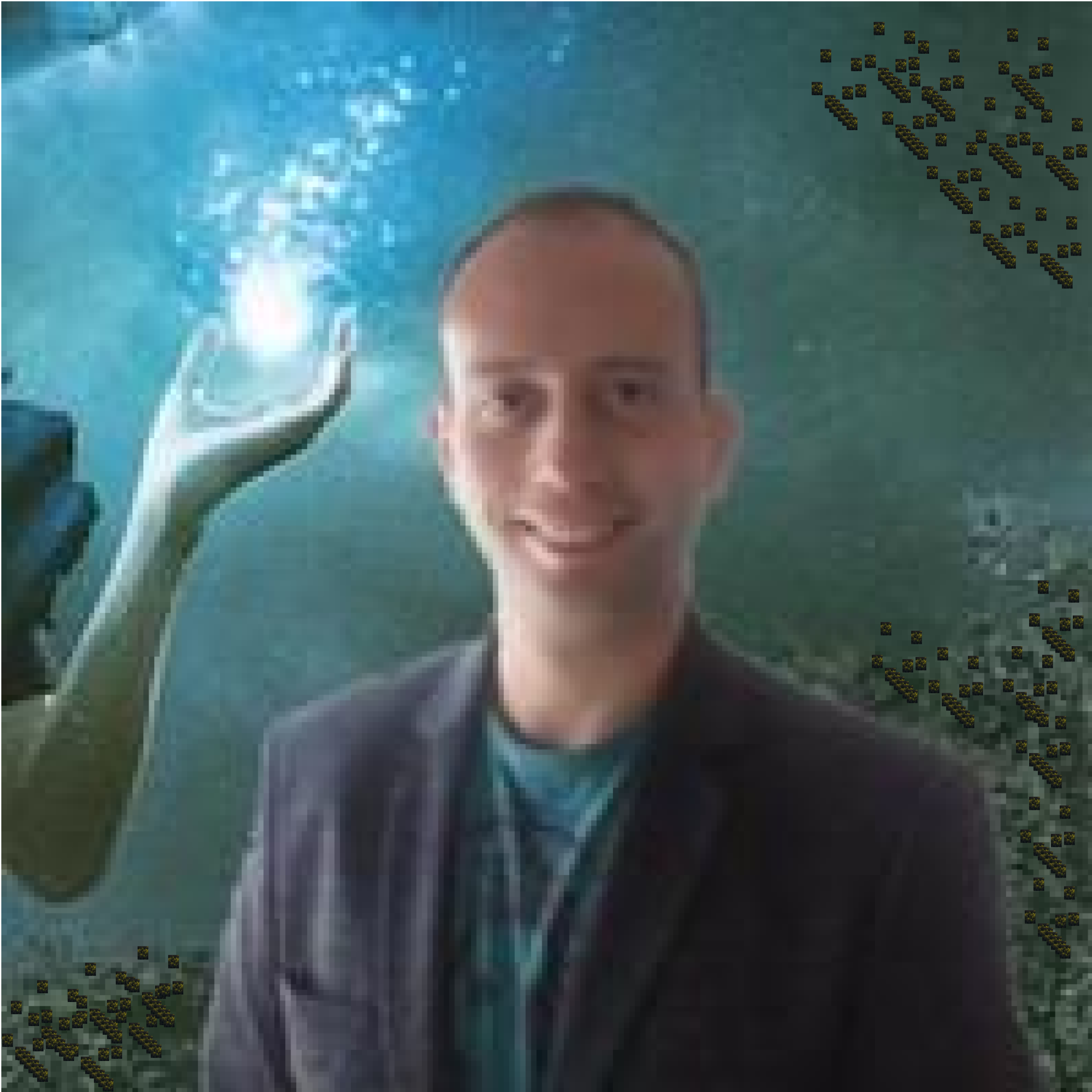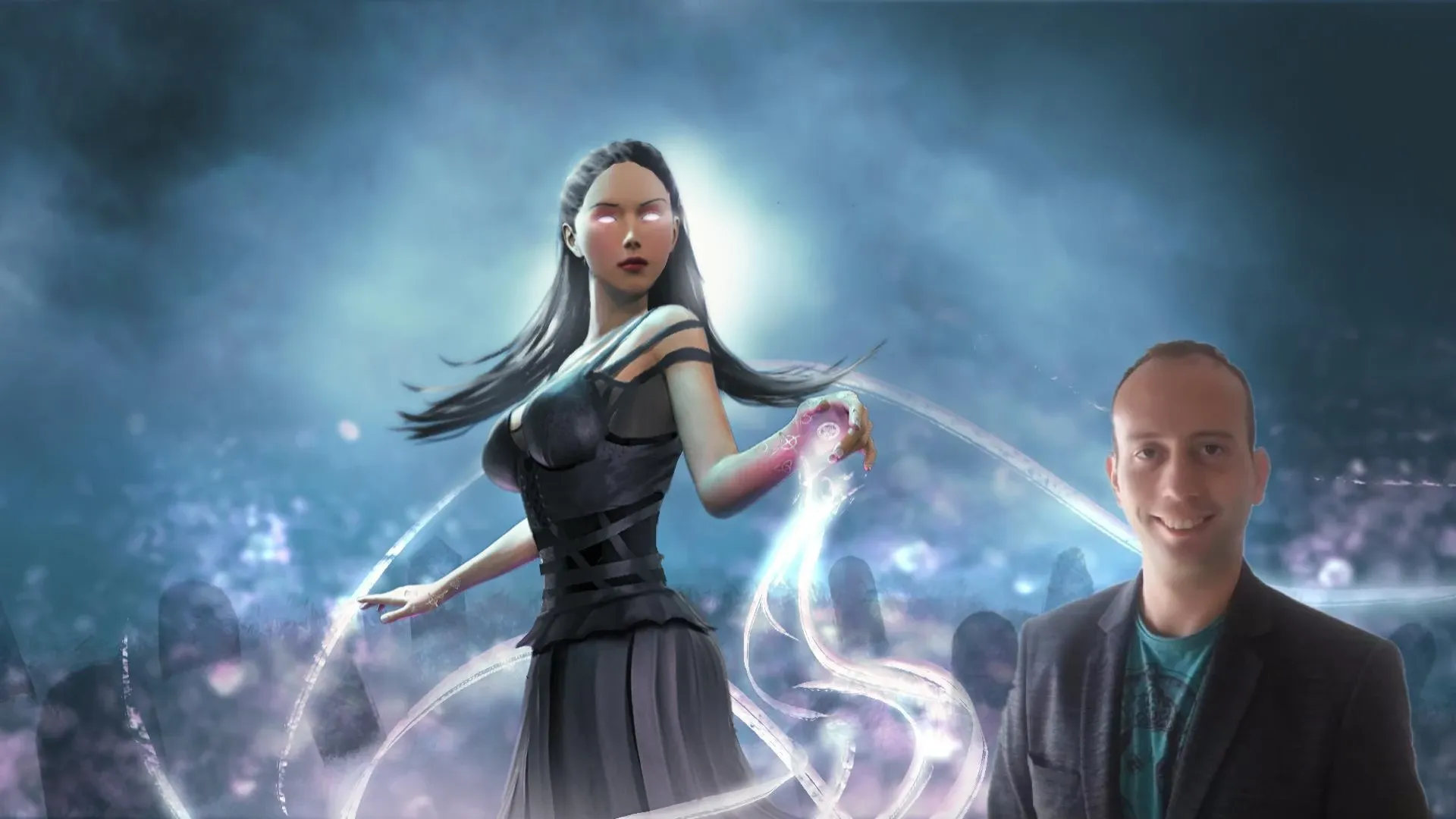This plan includes
- Limited free courses access
- Play & Pause Course Videos
- Video Recorded Lectures
- Learn on Mobile/PC/Tablet
- Quizzes and Real Projects
- Lifetime Course Certificate
- Email & Chat Support
What you'll learn?
- Learn how the universe works without equations.
- Learn the teachings science only begins to discover.
- Learn what is God according to ancient extraterrestrial beings.
- Learn how to dominate other people minds.
Course Overview
Hermeticism, also called Hermetism, is a religious and philosophical tradition based primarily upon writings attributed to Hermes Trismegistus ('Thrice Great'). These writings have greatly influenced the Western esoteric tradition and were considered to be of great importance during both the Renaissance and the Reformation. The tradition claims descent from a prisca theologia, a doctrine that affirms the existence of a single, true theology that is present in all religions and that was given by God to man in antiquity.
Many Christian writers, including Lactantius, Augustine, Thomas Aquinas, Marsilio Ficino, Giovanni Pico della Mirandola, Giordano Bruno, Campanella, Sir Thomas Browne, and Emerson, considered Hermes Trismegistus to be a wise pagan prophet who foresaw the coming of Christianity.
An account of how Hermes Trismegistus received the name 'Thrice Great 'is derived from the The Emerald Tablet of Hermes Trismegistus, wherein it is stated that he knew the three parts of the wisdom of the whole universe. The three parts of the wisdom are alchemy, astrology, and theurgy.
The Poimandres, from which Marsilio Ficino formed his opinion, states that 'They called him Trismegistus because he was the greatest philosopher and the greatest priest and the greatest king. 'The Suda (10th century) states that 'He was called Trismegistus on account of his praise of the trinity, saying there is one divine nature in the trinity.'
Much of the importance of Hermeticism arises from its connection with the development of science during the time from 1300 to 1600 AD. The prominence that it gave to the idea of influencing or controlling nature led many scientists to look to magic and its allied arts (e.g., alchemy, astrology) which, it was thought, could put Nature to the test by means of experiments. Consequently, it was the practical aspects of Hermetic writings that attracted the attention of scientists.
Isaac Newton placed great faith in the concept of an unadulterated, pure, ancient doctrine, which he studied vigorously to aid his understanding of the physical world. Many of Newton's manuscripts—most of which are still unpublished—detail his thorough study of the Corpus Hermeticum, writings said to have been transmitted from ancient times, in which the secrets and techniques of influencing the stars and the forces of nature were revealed.
Philosophy
In Hermeticism, the ultimate reality is referred to variously as God, the All, or the One. God in the Hermetica is unitary and transcendent: he is one and exists apart from the material cosmos. Hermetism is therefore profoundly monotheistic although in a deistic and unitarian understanding of the term. 'For it is a ridiculous thing to confess the World to be one, one Sun, one Moon, one Divinity, and yet to have, I know not how many gods.'
Its philosophy teaches that there is a transcendent God, or Absolute, in which we and the entire universe participate. It also subscribes to the idea that other beings, such as aeons,angels and elementals, exist within the universe.
Prisca theologia
Hermeticists believe in a prisca theologia, the doctrine that a single, true theology exists, that it exists in all religions, and that it was given by God to man in antiquity. In order to demonstrate the truth of the prisca theologia doctrine, Christians appropriated the Hermetic teachings for their own purposes. By this account, Hermes Trismegistus was (according to the fathers of the Christian church) either a contemporary of Moses or the third in a line of men named Hermes—Enoch, Noah, and the Egyptian priest-king who is known to us as Hermes Trismegistus.
' As above, so below. '
See also: Correspondence (theology)
The Magician displaying the Hermetic concept of 'As above, so below.'
These words circulate throughout occult and magical circles.
The actual text of that maxim, as translated by Dennis W. Hauck from The Emerald Tablet of Hermes Trismegistus, is: 'That which is Below corresponds to that which is Above, and that which is Above corresponds to that which is Below, to accomplish the miracle of the One Thing. 'Thus, whatever happens on any level of reality (physical, emotional, or mental) also happens on every other level.
This principle, however, is more often used in the sense of the microcosm and the macrocosm. The microcosm is oneself, and the macrocosm is the universe. The macrocosm is as the microcosm and vice versa; within each lies the other, and through understanding one (usually the microcosm) a man may understand the other.
Pre-requisites
- Come with an open mind.
Target Audience
- Anyone interested in Hermetic Extraterrestrial Philosophy
Curriculum 12 Lectures 01:21:50
Section 1 : Introduction
- Lecture 2 :
- The history of these teachings
Section 2 : The Seven Hermetic Principles
- Lecture 1 :
- The Seven Hermetic Principles
- Lecture 2 :
- The Principle of Mentalism - part 1
- Lecture 3 :
- The Principle of Mentalism - part 2
- Lecture 4 :
- The Principle of Correspondence
- Lecture 5 :
- The Principle of Vibration
- Lecture 6 :
- The Principle of Polarity
- Lecture 7 :
- The Principle of Rhythm
- Lecture 8 :
- The Principle of Cause And Effect
Section 3 : Additional Hermetic Knowledge
- Lecture 1 :
- Planes of Correspondence
- Lecture 2 :
- The Divine Paradox
Our learners work at
Frequently Asked Questions
How do i access the course after purchase?
It's simple. When you sign up, you'll immediately have unlimited viewing of thousands of expert courses, paths to guide your learning, tools to measure your skills and hands-on resources like exercise files. There’s no limit on what you can learn and you can cancel at any time.Are these video based online self-learning courses?
Yes. All of the courses comes with online video based lectures created by certified instructors. Instructors have crafted these courses with a blend of high quality interactive videos, lectures, quizzes & real world projects to give you an indepth knowledge about the topic.Can i play & pause the course as per my convenience?
Yes absolutely & thats one of the advantage of self-paced courses. You can anytime pause or resume the course & come back & forth from one lecture to another lecture, play the videos mulitple times & so on.How do i contact the instructor for any doubts or questions?
Most of these courses have general questions & answers already covered within the course lectures. However, if you need any further help from the instructor, you can use the inbuilt Chat with Instructor option to send a message to an instructor & they will reply you within 24 hours. You can ask as many questions as you want.Do i need a pc to access the course or can i do it on mobile & tablet as well?
Brilliant question? Isn't it? You can access the courses on any device like PC, Mobile, Tablet & even on a smart tv. For mobile & a tablet you can download the Learnfly android or an iOS app. If mobile app is not available in your country, you can access the course directly by visting our website, its fully mobile friendly.Do i get any certificate for the courses?
Yes. Once you complete any course on our platform along with provided assessments by the instructor, you will be eligble to get certificate of course completion.
For how long can i access my course on the platform?
You require an active subscription to access courses on our platform. If your subscription is active, you can access any course on our platform with no restrictions.Is there any free trial?
Currently, we do not offer any free trial.Can i cancel anytime?
Yes, you can cancel your subscription at any time. Your subscription will auto-renew until you cancel, but why would you want to?
Instructor

563572 Course Views
19 Courses



 Tech & IT
Tech & IT
 Business
Business
 Coding & Developer
Coding & Developer
 Finance & Accounting
Finance & Accounting
 Academics
Academics
 Office Applications
Office Applications
 Art & Design
Art & Design
 Marketing
Marketing
 Health & Wellness
Health & Wellness
 Sounds & Music
Sounds & Music
 Lifestyle
Lifestyle
 Photography
Photography
















.png)







